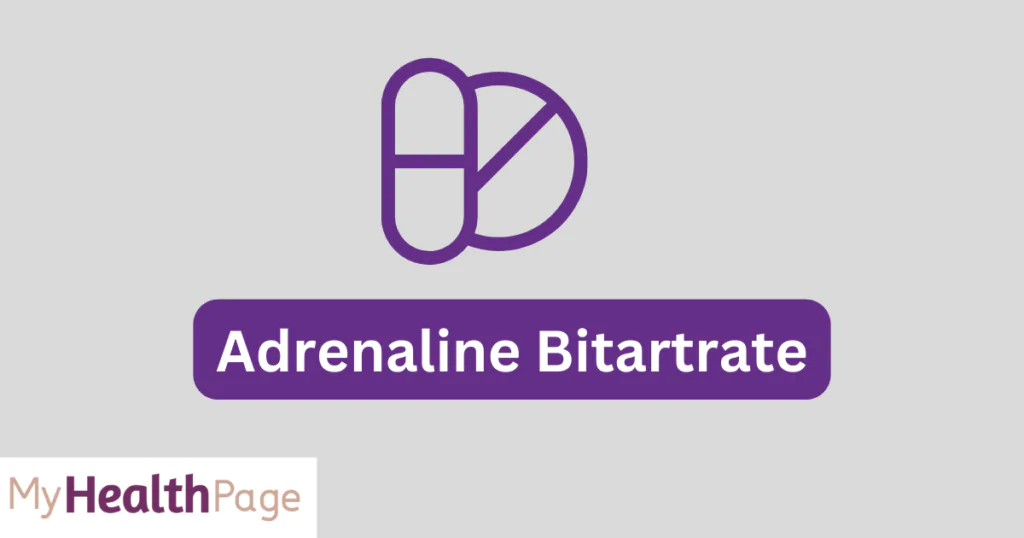Adrenaline Bitartrate, also known as epinephrine bitartrate, is a pharmacological formulation of adrenaline or epinephrine combined with bitartrate as a salt. This compound is used primarily in medical settings for its potent sympathomimetic effects, which mimic the action of the sympathetic nervous system. Adrenaline is a naturally occurring hormone and neurotransmitter that plays a critical role in the body’s fight-or-flight response, exerting effects on various organ systems. When administered as a drug, its actions are both rapid and broad, including increasing heart rate, constricting blood vessels to elevate blood pressure, and dilating air passages.
Mechanism of Action
Adrenaline Bitartrate acts by stimulating alpha and beta-adrenergic receptors throughout the body, leading to:
- Vasoconstriction: This action primarily increases peripheral resistance, raising blood pressure, which can be critical in treating anaphylactic shock.
- Bronchodilation: It relaxes the muscles of the airways, making it easier to breathe, which is crucial in the management of asthma attacks or allergic reactions.
- Increased Heart Rate and Myocardial Contractility: These effects are beneficial in cardiac arrest situations, helping to restore circulation.
Clinical Uses of Adrenaline Bitartrate
Adrenaline Bitartrate is employed in various emergency settings and clinical applications, including:
- Anaphylaxis: It is the first-line treatment for severe allergic reactions, capable of reversing the life-threatening symptoms of anaphylaxis.
- Cardiac Arrest: It is used to increase coronary and cerebral blood flow during cardiopulmonary resuscitation (CPR).
- Asthma: In severe cases, it can be used to relieve acute bronchospasm.
- Local Anesthesia: It is sometimes added to local anesthetics to prolong their effect by causing vasoconstriction, which reduces bleeding and delays the absorption of the anesthetic.
Administration of Adrenaline Bitartrate
The route of administration depends on the condition being treated:
- Intramuscular (IM): Commonly used for anaphylactic reactions due to rapid absorption.
- Intravenous (IV): Used in critical care settings for cardiac arrest.
- Inhalation: For managing asthma or croup symptoms.
Side Effects and Precautions
While adrenaline is a life-saving medication, it must be used with caution due to the potential for serious side effects, such as:
- Palpitations, tachycardia, or arrhythmias.
- Hypertension.
- Anxiety, tremors, or nervousness.
- Headache and dizziness.
Patients with certain pre-existing conditions, such as heart diseases, hyperthyroidism, or diabetes, may require careful monitoring or adjustments in dosing. Furthermore, the use of adrenaline bitartrate must be weighed against its potential risks and benefits in patients with these conditions.
Summary
Adrenaline Bitartrate is a critical drug in emergency medicine and other clinical settings. Its ability to rapidly counteract life-threatening conditions like anaphylaxis and cardiac arrest makes it indispensable. However, its administration requires careful consideration of the route, dosage, and patient-specific factors to minimize risks and maximize benefits.
Disclaimer : The information provided on myhealthpage.in is not a substitute for professional medical advice, diagnosis, or treatment. If you have any questions or concerns about your health, please consult with a licensed physician or other qualified healthcare provider.

